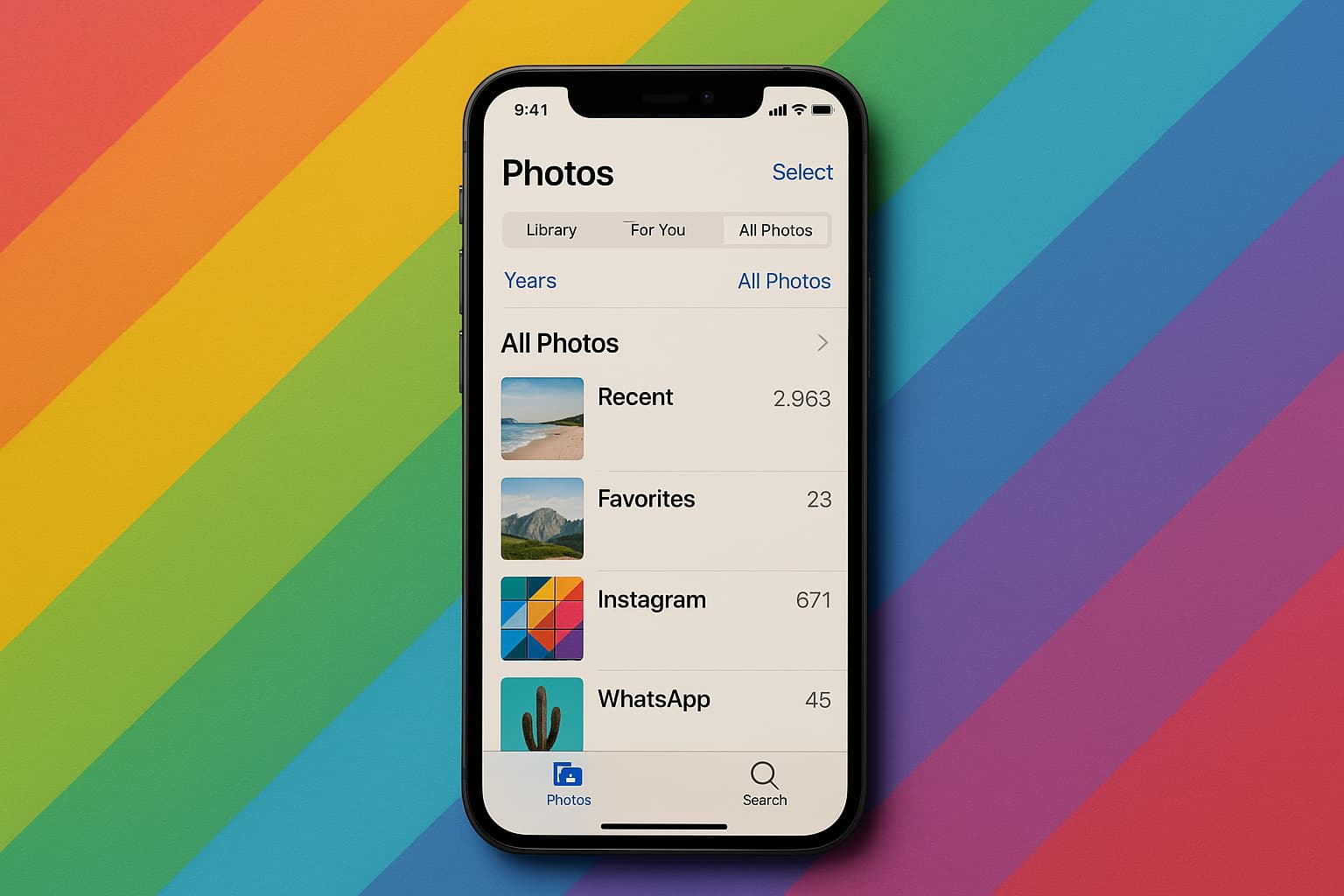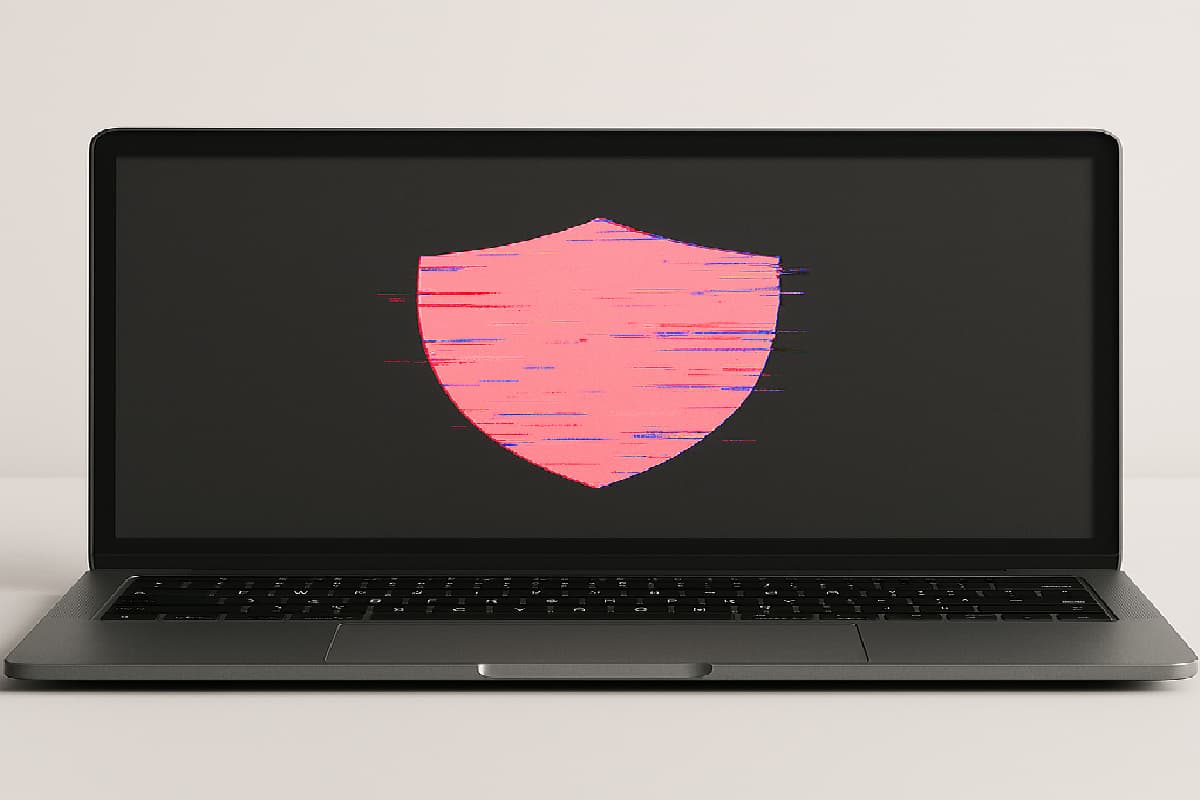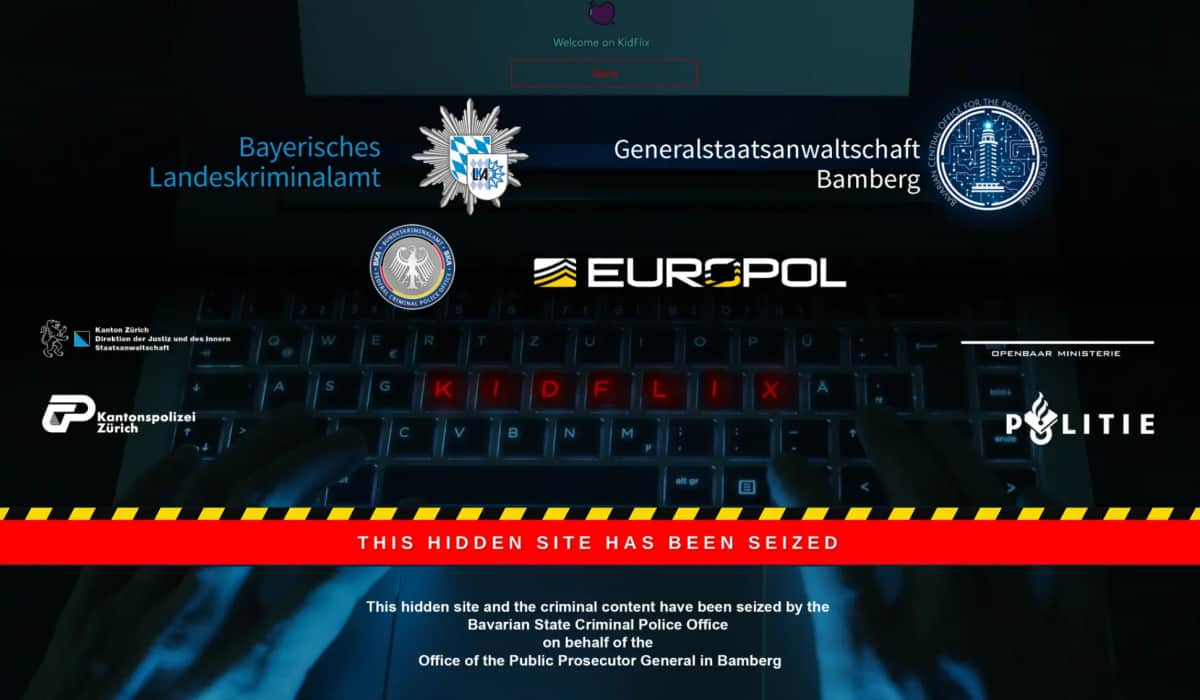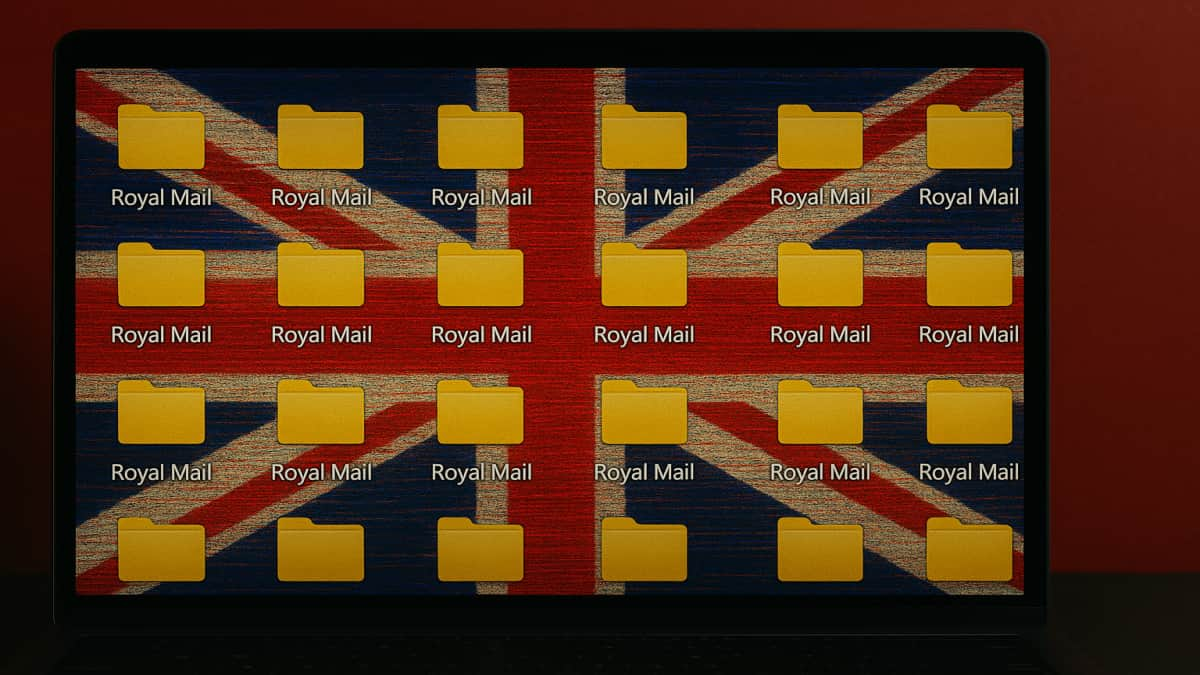BOOK THIS SPACE FOR AD
ARTICLE ADData protection is of the highest importance in 2025. With growing numbers of organizations handling sensitive customer data and stricter data protection regulations emerging around the world, organizations need strong tools for information protection. That’s where data anonymization enters the picture; it covers up or replaces personal data, and even if data leaks, it’s meaningless for hackers.
But not all anonymization software are created equally. Some are fast, some are secure, and some are just user-friendly. Let’s review the best data anonymization software of 2025 below.
K2view
If you’re looking for a top-of-the-line anonymization solution, the number one on your list should be K2view. K2view, being one of the best data anonymization tools, doesn’t just scramble data; it restructures data such that it can still be useful for testing and analytics purposes, with total privacy.
K2view does this by creating “micro-databases” for each record, keeping each customer’s data apart and secure. It doesn’t just encrypt or mask data but also anonymizes it on the fly based on who is viewing it. That leaves developers with realistic test data, analysts with actionable insights, and no one with access to real sensitive data unless they need it.
Speed is also a perk. Unlike other software that slows down systems, K2view is optimized for handling vast databases with no lag. If you’re part of the finance, healthcare, or retail sector, this tool keeps your data secure with no slowing down.
Privitar
If your organization is dealing with a number of privacy laws like GDPR, CCPA, or HIPAA, then Privitar is a great choice. Privitar is centered around policy-based anonymization, which is the ability for you to define rules for data anonymization depending on the type of data and the laws involved.
Privitar is special because it can preserve data utility and still make the data private. If, for example, you’re dealing with medical records, it can anonymize the names and addresses of the patients but preserve the important trends for research.
And the best part? It supports the big cloud platforms such as AWS, Azure, and Google Cloud, making it convenient for any size of organization, be it a start-up or a large-scale organization.
ARX
Not all companies have a large budget for data privacy software, and that is precisely why ARX fills the gap. ARX is a free, open-source anonymization software that is no less effective when it comes to capabilities.
ARX offers a number of anonymization options, including generalization, suppression, and differential privacy. You can control the quantity of information deleted from the data, making it suitable for data sharing or research purposes without violating the law.
The catch is, it’s not as user-friendly and refined as some of the paid options. But if your team is technologically savvy and can work with a bit of learning curve, ARX is a wonderful free solution for anonymizing data without the cost.
DataVeil
If you’re seeking a tool with sole function for anonymization, DataVeil is one that is definitely worth looking at. DataVeil differs from other platforms which integrate anonymization with other data security features because it is specifically intended for masking and obfuscation.
One of its most significant strengths is real-time masking, which can anonymize data as it is being used. This is most suitable for organizations that make use of live databases but still need to protect sensitive information. It supports a number of databases like SQL Server and Oracle, and is thus appropriate for organizations with big data.
The only catch? It’s a bit specialized, and that means if you’re looking for a tool with broader data security features, then you might be required to integrate it with other tools.
Anonos
Everything is touched by AI in 2025, data privacy is no exception. Anonos is a game-changing solution that uses AI-driven anonymization for context-dependent protection of data.
For example, if a store would like to analyze customer buying habits without exposing real customer data, Anonos can anonymize the data for each team differently, such that marketing teams can view the patterns and IT teams can view the technical data—without exposing sensitive customer data.
It also possesses the feature of generating synthetic data, i.e., generating fake data sets that behave like real ones, making it suitable for training AI and data science without the fear of data breaches.
Tonic.ai
If you’re a software developer, then Tonic.ai is a saviour. The software is meant for creating realistic test data without the use of real personal data.
Developers need test data that mirrors real customer data, but real data is a privacy nightmare. Tonic.ai solves this problem by generating fake, though incredibly accurate, datasets that reflect the structure of real ones. Developers can then test apps without exposing anyone’s personal information.
It is integrated with popular databases and development tools seamlessly, thus being the best solution for software development teams that want to focus on software development rather than being distracted by compliance.
Which Is the Right Choice for You?
The anonymization tool of your choice will be determined by what you’re seeking. If a high-performance enterprise solution is what you’re seeking, then choose K2View. If compliance is most important, choose Privitar. If budget is the limiting factor, then ARX is the best free solution. If real-time masking is the answer for you, then DataVeil is the best, with the addition of AI from Anonos. If you’re a developer, then the answer is Tonic.ai.
As data privacy becomes even more critical in 2025, the decision of which anonymization tool is not just a smart one, it’s a necessity.
Image by Stephan Marquardt from Pixabay.
.png)















 Bengali (Bangladesh) ·
Bengali (Bangladesh) ·  English (United States) ·
English (United States) ·